Constipation is a common digestive issue characterized by infrequent bowel movements or difficulty passing stools. It can be caused by various factors, including dehydration, lack of fiber in the diet, sedentary lifestyle, certain medications, and underlying health conditions.
Here’s an Overview of
Complexity of Constipation:
Causes:
Constipation can be caused by a variety of factors including:
- Low fiber diet
- Inadequate fluid intake
- Lack of physical activity
- Certain medications (e.g., opioids, antacids with aluminum or calcium)
- Medical conditions (e.g., irritable bowel syndrome, hypothyroidism)
- Pregnancy
- Mental stress
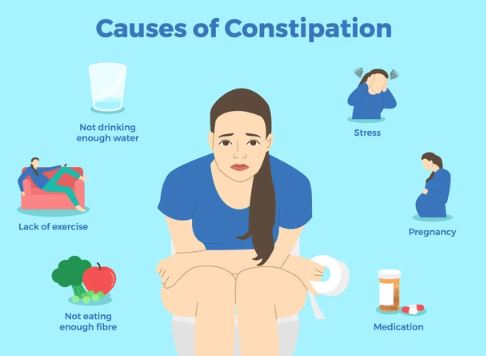
Symptoms:
Symptoms of constipation may include:
- Infrequent bowel movements (less than three times a week)
- Difficulty passing stools
- Hard or lumpy stools or bleeding with stools
- Abdominal discomfort or bloating
- Nausea or loss of appetite
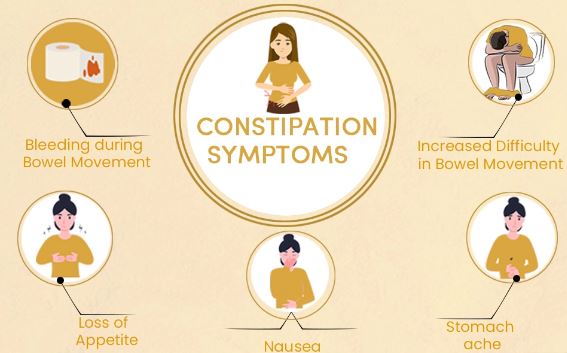
Complications:
Chronic constipation can lead to complications such as:
- Hemorrhoids
- Anal fissures
- Rectal prolapse
- Urinary tract infections
- Fecal impaction
- Severe back pain
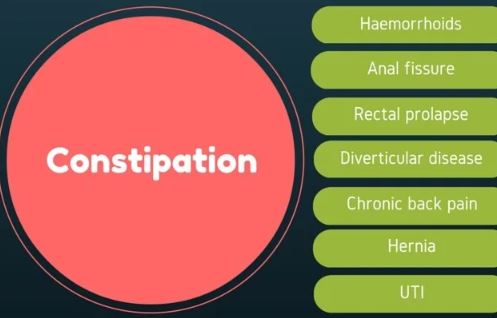
Commonly Used Herbal Remedies:
- Psyllium Husk: Psyllium is a soluble fiber that can help soften stools and promote regular bowel movements.
- Senna: Senna is a natural laxative that stimulates bowel movements. It should be used cautiously and not for long-term use as it can cause dependency.
- Aloe Vera: Aloe vera juice can have a laxative effect and help relieve constipation.
- Ginger: Ginger can help stimulate digestion and relieve bloating, which may alleviate constipation.
- Dandelion Tea: Dandelion tea can act as a mild laxative and help improve digestion.
- Fennel Seeds: Fennel seeds can help relax the muscles in the digestive tract and relieve constipation.
FAQs for Herbal Remedies:
- How much water should I drink to prevent constipation?
- Drinking at least 8 glasses of water per day can help prevent dehydration, which is a common cause of constipation.
- Is it normal to have constipation occasionally?
- Occasional constipation is common and usually not a cause for concern.
- However, chronic constipation may require medical attention.
- Can constipation be a sign of a more serious condition?
- In some cases, constipation can be a symptom of underlying health issues such as bowel obstruction, colorectal cancer, or neurological disorders.
- If constipation is persistent or accompanied by other symptoms, it’s important to consult a healthcare professional.
- Are herbal remedies safe for everyone?
- While herbal remedies can be effective for some people, they may not be suitable for everyone, especially those with certain medical conditions or taking medications.
- It’s important to consult with a healthcare provider before using herbal remedies, especially if you’re pregnant, nursing, or have any health concerns.
- How long does it take for herbal remedies to work?
- The effectiveness of herbal remedies can vary from person to person.
- Some people may experience relief from constipation shortly after using herbal remedies, while others may take longer.
- It’s important to be patient and consistent with the use of herbal remedies, and consult a healthcare professional if constipation persists.
Moringa as a Herbal Remedy for Constipation:
Moringa, also known as Moringa oleifera, is a plant that has been used for its medicinal properties for centuries. It is rich in vitamins, minerals, and antioxidants, and it has been studied for its potential health benefits, including its use as a natural remedy for constipation.
Here’s how Moringa can be used as a remedy for constipation:
- High Fiber Content:
- Moringa leaves are rich in dietary fiber, which can help add bulk to stools and promote regular bowel movements.
- Increasing fiber intake is a common recommendation for relieving constipation, as it helps soften stools and aids in their passage through the digestive tract.
- Natural Laxative Properties:
- Moringa contains compounds with mild laxative effects, such as isothiocyanates, which can help stimulate bowel movements and alleviate constipation.
- Anti-inflammatory Effects:
- Inflammation in the digestive tract can contribute to constipation.
- Moringa possesses anti-inflammatory properties that may help reduce inflammation in the gut, promoting smoother bowel movements.
- Hydration:
- Proper hydration is essential for maintaining regular bowel movements and preventing constipation.
- While Moringa itself is not a source of hydration, incorporating it into a well-balanced diet along with adequate fluid intake can support overall digestive health.
- Gentle on the Stomach:
- Unlike some harsh laxatives, Moringa is generally well-tolerated and gentle on the stomach, making it suitable for long-term use in managing constipation.
Ways to Use Moringa for Constipation Relief:
Moringa Leaf Powder:
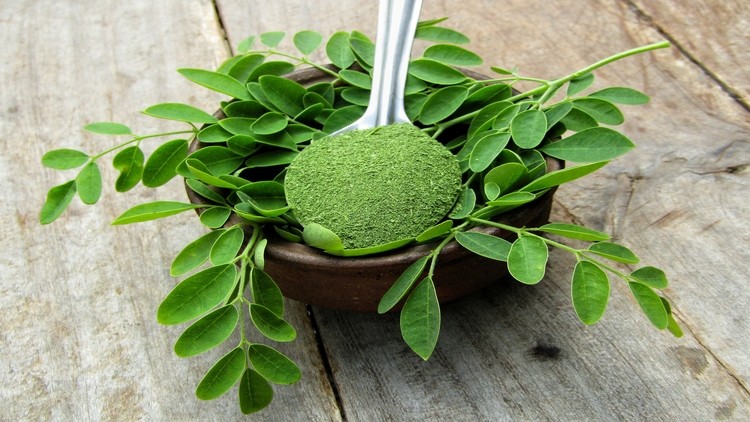
- Add Moringa leaf powder to smoothies, juices, or yogurt for a convenient way to increase your fiber intake.
Moringa Tea:

- Brew Moringa leaves or powder to make a soothing herbal tea. Drink it regularly to help promote healthy digestion and relieve constipation.
Moringa Supplements:

- Moringa supplements are available in various forms, including capsules and tablets, which can be taken orally to support digestive health.
Moringa in Recipes:

- Incorporate Moringa leaves or powder into soups, stews, salads, or cooked dishes to boost the fiber content and add nutritional value to your meals.
While Moringa shows promise as a natural remedy for constipation, it’s essential to remember that individual responses may vary. It’s always a good idea to consult with a healthcare professional before incorporating any new supplement or herbal remedy into your routine, especially if you have underlying health conditions or are taking medications.
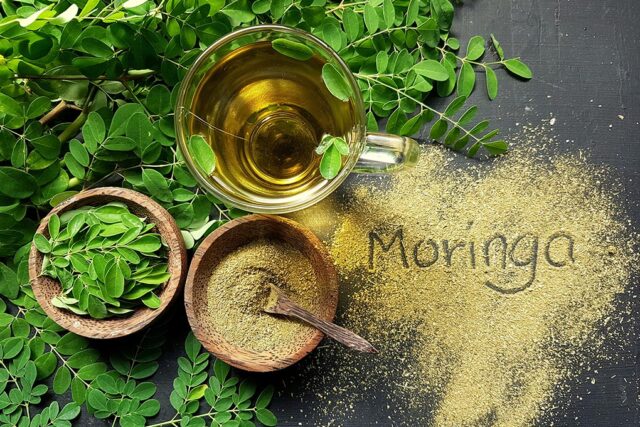

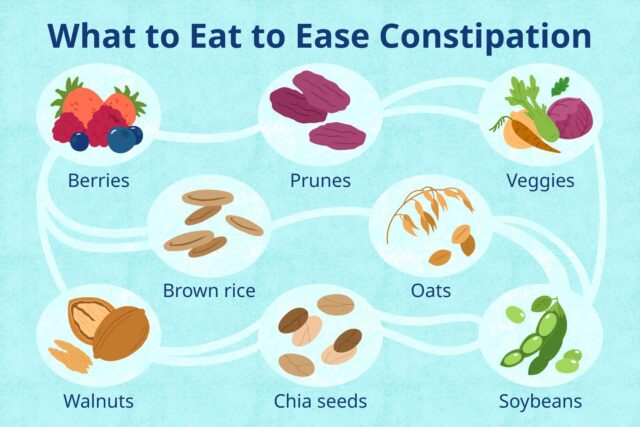
MOST COMMENTED
Animal-Based Proteins / Casein Protein / Dietary Protein / High-Protein Diets / Pea Protein / Plant-Based Proteins / Protein / Protein Deficiency / Protein Supplements / Proteins / Whey Protein / Whey Proteins
Is Protein Powder Safe for Teenagers and Children?
Animal-Based Proteins / Casein Protein / Dietary Protein / High-Protein Diets / Pea Protein / Plant-Based Proteins / Protein / Protein Deficiency / Protein Supplements / Proteins / Whey Protein / Whey Proteins
Unlock the Power of Proteins for Optimal Gut Health
Multivitamin
Total Health: Multivitamin for Active Lifestyles
Multivitamin
WellnessFusion: Complete Multivitamin Support
Dietary Supplement
Revitalize Your Health: The Magic of Red Yeast Rice Capsules
Foot care / Foot Health
Revitalize Your Foot Care Routine: Essential Tips for Optimal Foot Health
Foot Problem / Diabetics / Foot Health
Diabetics: Mastering Footwear Selection for Enhanced Foot Health and Ultimate Comfort
Exercises and Footwear Tips for Hammertoe Relief / Foot care / Foot Health / Foot Pain / Foot Problem / Hammertoes
Unlock Effective Exercises and Footwear Tips for Hammertoe Relief
Hammertoes / Foot Health / Foot Pain / Foot Problem
Unlock Relief: Essential Guide to Hammertoes Causes, Symptoms, and Treatments
Foot Problem / Foot Health
Revolutionize Your Recovery: Natural Remedies for Plantar Fasciitis – Fresh Home Keepers